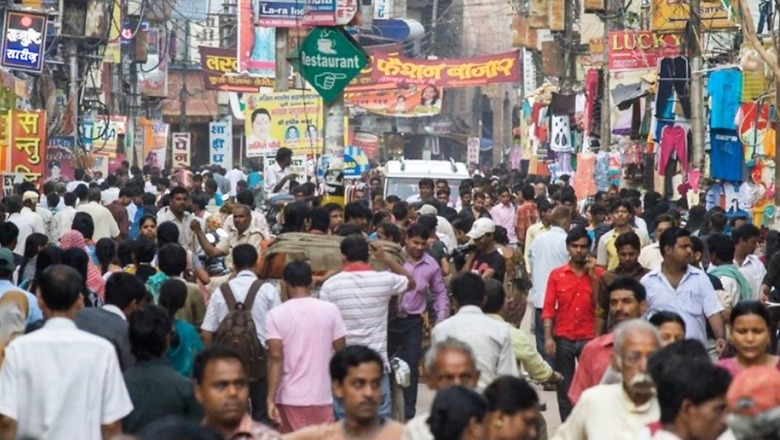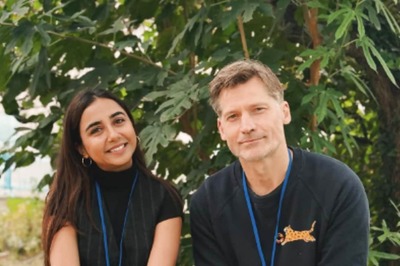
views
A single vaccine dose does not offer significant protection against symptomatic or severe Covid-19 infections, a study revealed. Conducted by a leading private hospital in Delhi- Sir Ganga Ram Hospital, the study was based on Covid infections among healthcare workers at the facility during the deadly second wave.
The lead author of the story, Dr Ruma Satwik told The Times of India (TOI) that their study on vaccine effectiveness revealed that a single dose offered very little protection against symptomatic infections or any “outcome of interest”, that is, the risk of developing severe symptoms or death due to Covid-19. In three months, six died of Covid at Ganga Ram in 3 months, of which five were unvaccinated.
As per the study, the incidence of symptomatic infection in healthcare workers who had received a single dose of the vaccine (after 21 days of getting the shot) was 12.3%, as compared to 13.9% in the unvaccinated group. Around 2% of the partially vaccinated study subjects developed moderate to severe disease and 0.7% required supplemental oxygen therapy on contracting Covid-19. In comparison, 3.3% of the unvaccinated healthcare workers developed moderate to severe disease and 1.7% required supplemental oxygen therapy. As these figures show, there was little difference between the two groups on susceptibility to the virus.
The findings were in line with the Public Health Scotland data on single-dose protection against the Delta variant, however, it is in contrast to a modestly reduced but significant protection offered by a single dose as seen in the study from CMC Vellore (50% protection) and Public Health England (33% protection), she further told TOI.
Amid participants of the study- 4,296 healthcare workers employed at the hospital, 2,716 had received two doses of Covishield, 623 had received a single dose of the vaccine and 937 were not vaccinated as on April 30, the lead author added and there were 20 others who had received either Covaxin or Pfizer, and they were not included in the study.
Reportedly, during the deadly second Covid-19 wave, that is between March 1 and May 31, the doctor said, 526 out of 4276 (13%) healthcare workers tested positive for Covid-19, of which 2% were asymptomatic, 82% had mild symptoms, 10% had moderate symptoms and 5% had severe disease.
Six healthcare workers died due to Covid-19, of which five were unvaccinated and one had received a single dose of the vaccine. There were no mortalities among the fully vaccinated healthcare workers.
However, the study also showed that despite being fully vaccinated several healthcare workers got infected and developed symptoms. The vaccine effectiveness for two doses of Covishield given at a median interval of 30 days was 28% for symptomatic infections, 67% for moderate to severe disease, 76% for supplemental oxygen therapy and nearly 97% for deaths.
One of the other researchers told TOI that our study reports lower protection by two doses from symptomatic infections, but it also showed that fully vaccinated people have high levels of protection against moderate to severe disease, supplemental oxygen therapy and deaths.
The findings of the SGRH study have been published in the letters to the editor column of the European Journal of Internal Medicine. Interestingly, the authors noted that previous infection with SARS-CoV-2 was significantly protective against all studied outcomes, with an effectiveness of 93% seen against symptomatic infections, 89% against moderate to severe disease and 85% against supplemental oxygen therapy.
Dr Ambarish Satwik, a vascular surgeon at SGRH, who was also part of the study took to Twitter and said that “this information may be useful in deciding vaccine policy. In countries facing acute vaccine shortages, administrators could consider early full vaccine coverage, prioritising those never infected, before the onset of another SARS-CoV-2 outbreak.”
The other authors involved in the study were Satendra Katoch and Satish Saluja.
Read all the Latest News, Breaking News and Assembly Elections Live Updates here.



















Comments
0 comment